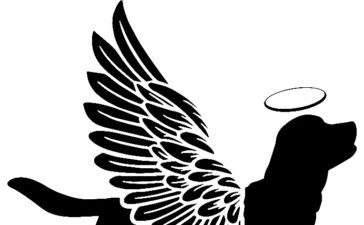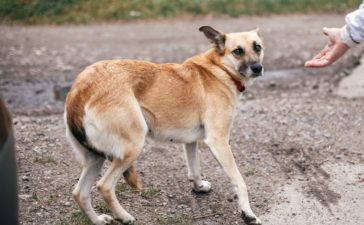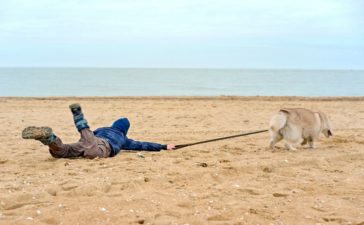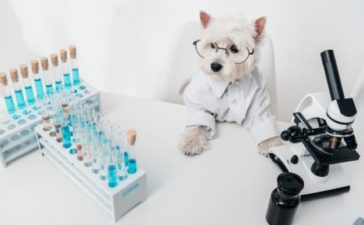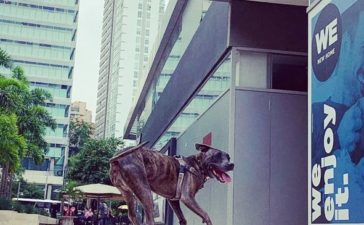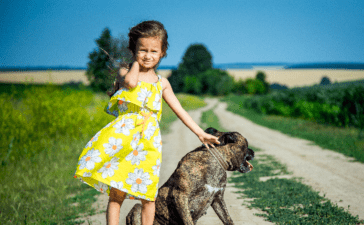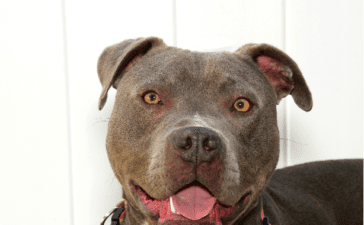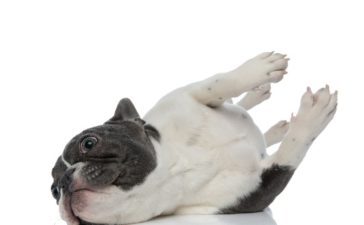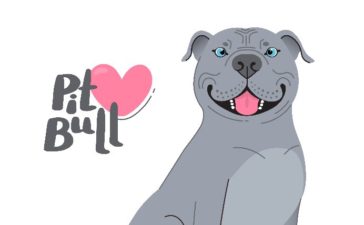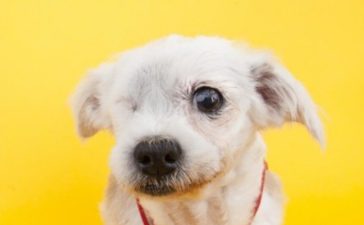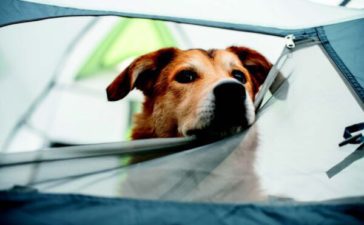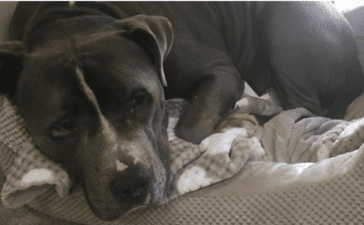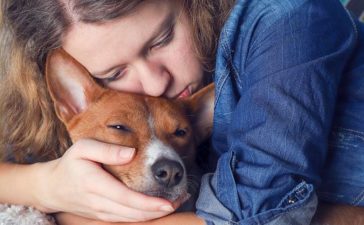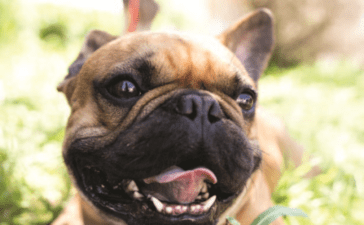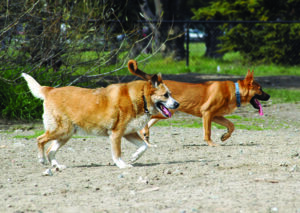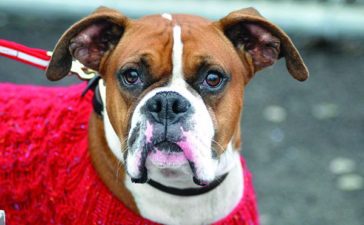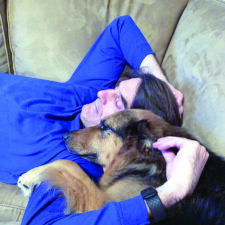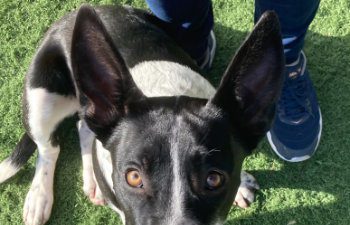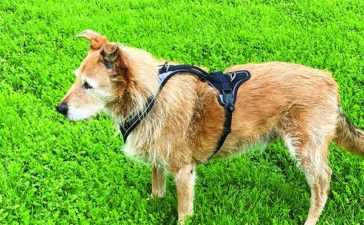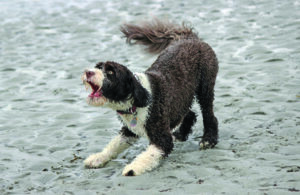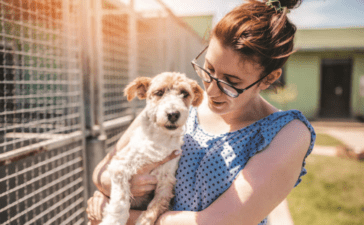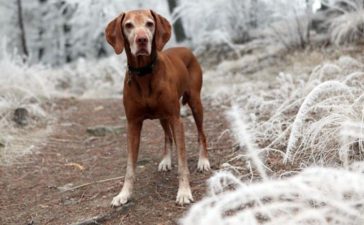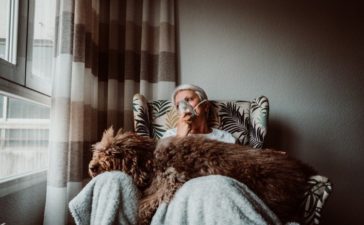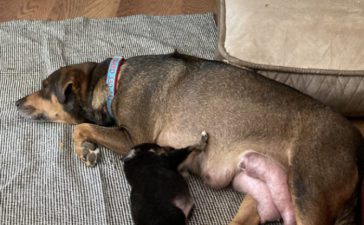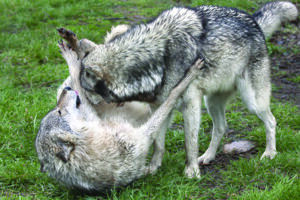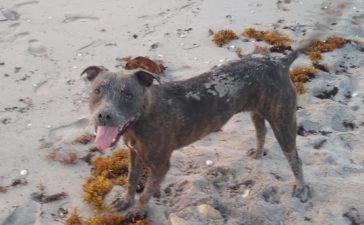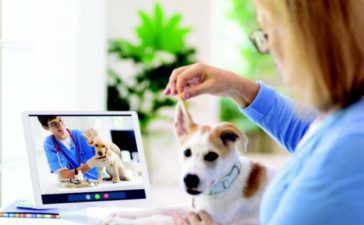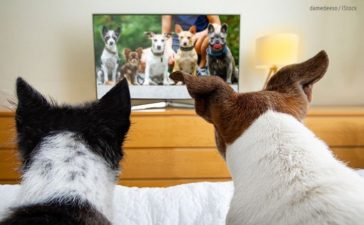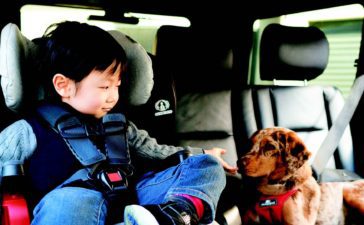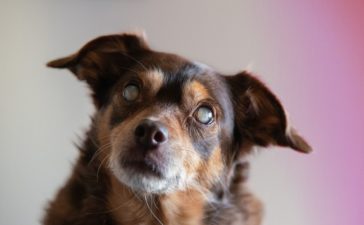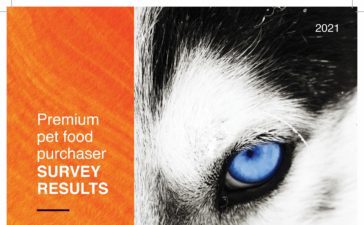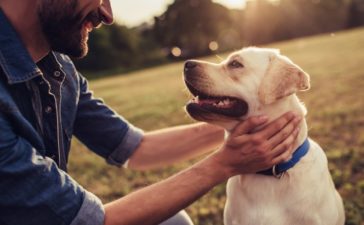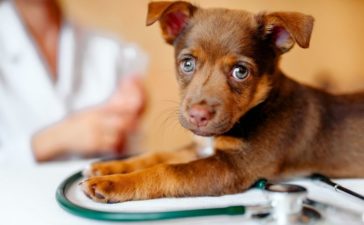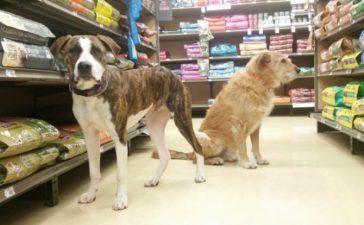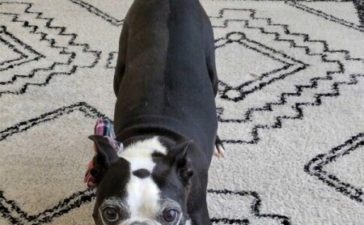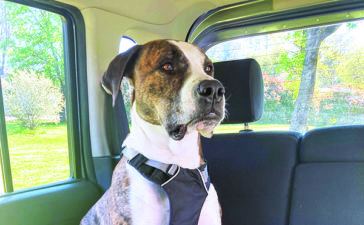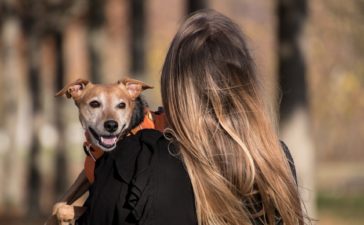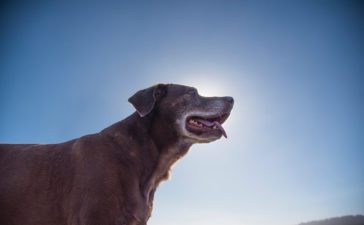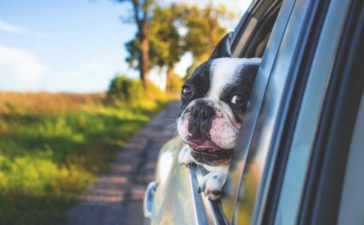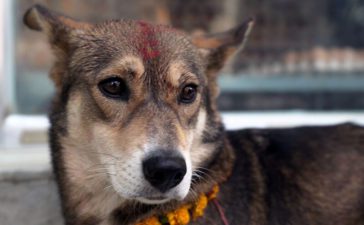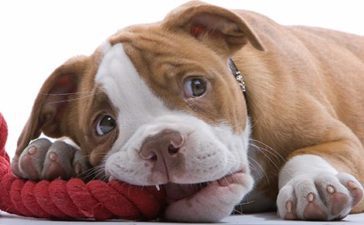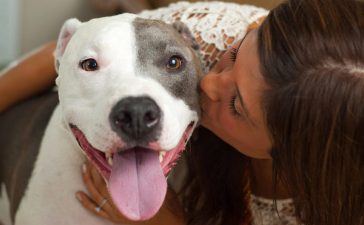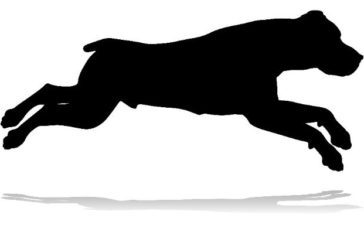[ad_1]
A single reported case of transmission of monkeypox from a human to a dog has prompted the U.S. Centers for Disease Control and Prevention (CDC) to publish guidelines for pet owners to prevent more such cases.
A 4-year-old male Italian Greyhound who sleeps in the same bed as his owners developed the mucocutaneous lesions that are emblematic of the viral infection 12 days after his owners were diagnosed with monkeypox. The transmission was confirmed by comparing monkeypox virus DNA sequences from samples taken from the dog and one of his owners; there was a 100% match between the viral strains, indicating that the dog had indeed contracted the virus from his infected owner.
Experts have known that monkeypox can infect mammals (including monkeys, anteaters, hedgehogs, prairie dogs, squirrels, and shrews), but until now, there have been no confirmed cases in dogs. While it’s not yet confirmed whether an infected dog could infect other dogs or humans, there is ample reason to believe than the virus could, in fact, pass to other dogs or humans in close contact with an infected dog. The virus is known to spread through contact with the secretions from skin rashes, scabs, and blisters, as well as respiratory secretions from an infected person.
For these reasons, the CDC has released the following recommendations to pet owners regarding monkeypox:
Infected humans should avoid close contact with other humans and animals. For dogs, this means the infected person should not pet, hold, carry, cuddle, or kiss the dog, or share towels, sleeping areas (including sofas and chairs), food, or food utensils with the dog.
Ideally, if the human with monkeypox did not have close contact with pets after symptom onset, the dog would be sent to be cared for by friends or family members who live in a separate home until the person with monkeypox fully recovers. Then, the home should be disinfected before the dog is brought back (the CDC offers disinfection instructions here).
However, if the person with monkeypox has already had close contact with their dog after the onset of symptoms, the dog should be kept at home and away from other animals and humans for 21 days. It’s best if a non-infected person can care for the dog in the home to prevent inadvertent contact. But if the infected person must care for the dog who has already been exposed, the following steps should be taken in an effort to reduce the chance that the dog becomes infected:
- Wash your hands, or use an alcohol-based hand rub, before and after caring for your dog.
- Do not wipe or bathe your pet with chemical disinfectants, alcohol, hydrogen peroxide, or other products such as hand sanitizer, counter-cleaning wipes, or other industrial or surface cleaners.
- Cover any skin rash to the best extent possible (by wearing long-sleeved shirts and long pants), and wearing gloves and a well-fitting mask or respirator while providing care for your dog.
- Avoid close contact with your pet.
- Ensure your pet cannot inadvertently come into contact with any contaminated articles in the home such as clothing, sheets, blankets, towels, and furniture used by the person with monkeypox.
- Do not let animals come into contact with rashes, bandages, and body fluids.
- Ensure food, toys, bedding, or other items that you provide for your animal during its isolation do not come in direct contact with skin or uncovered rash.
- Observe your dog carefully for signs of monkeypox infection, including:
- Lethargy
- Lack of appetite
- Coughing
- Nasal secretions or crust
- Bloating
- Fever, and/or
- Pimple- or blister-like skin rash (this may initially appear as a simple pimple or single blister before advancing to a rash)
If there is a person with a confirmed or suspected monkeypox infection in your home, and you observe any of the above-listed signs in your dog, contact your veterinarian immediately. If a diagnosis of monkeypox is suspected, your veterinarian should then contact the state public health veterinarian. Also, until and if a monkeypox infection is confirmed in your dog, he should be kept from other animals and his waste should be disposed in a dedicated, fully lined trash can or flushed down a toilet. Feces should not be left or disposed of outdoors, as monkeypox virus infections in wildlife may occur.
For more information, please click here.
[ad_2]




